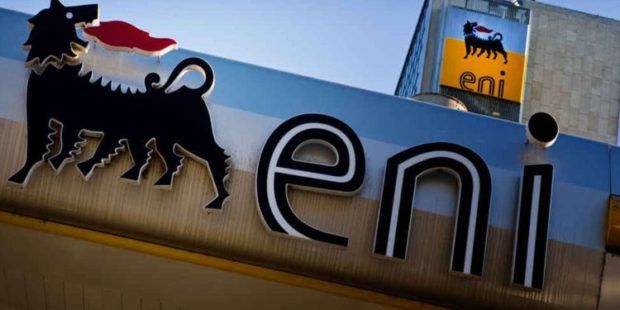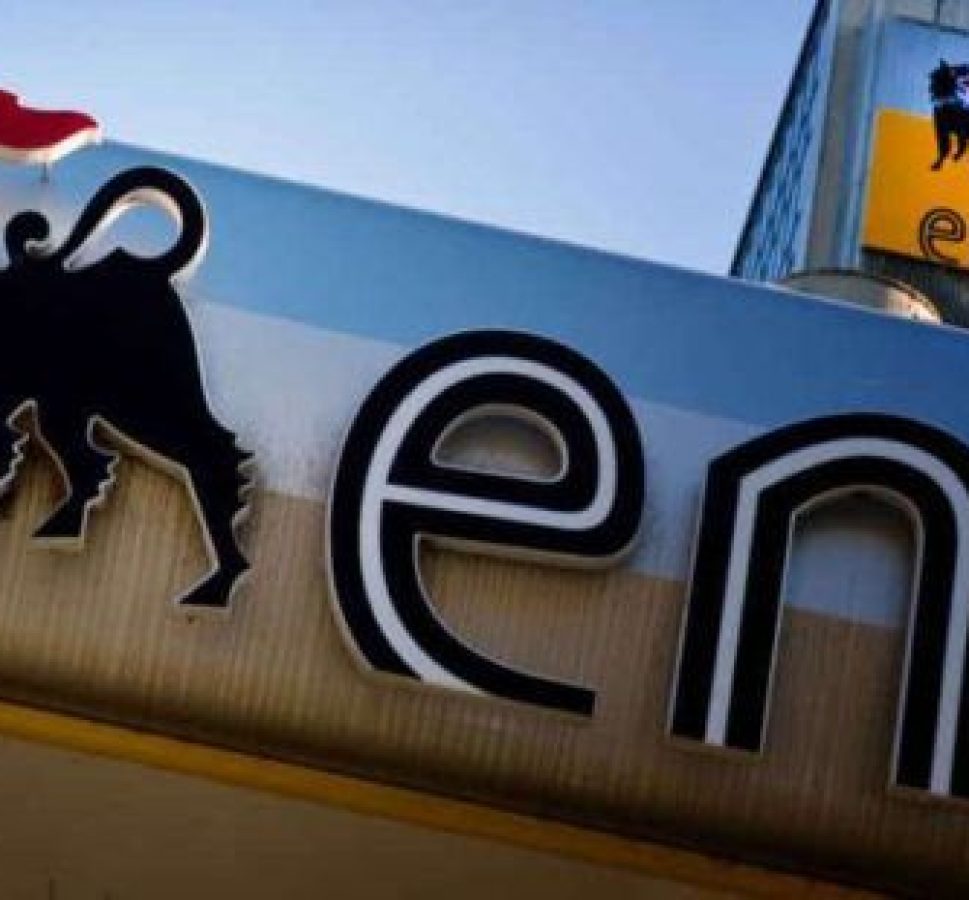
The NUPRC chief did not elaborate on the specific OMLs approved for Oando, and Irune did not provide further details.
The Nigerian Upstream Petroleum Regulatory Commission (NUPRC) has given the green light for the sale of two onshore assets owned by international oil companies, paving the way for Oando and Project Odinmim to acquire the assets, according to Gbenga Komolafe, the head of the agency, who made the announcement on Wednesday.
The Nigerian Upstream Petroleum Regulatory Commission (NUPRC) has granted approval for the acquisition of Eni’s Nigerian Agip Oil Company (NAOC) by Oando and Equinor’s assets by Project Odinmim, as announced by Gbenga Komolafe at an energy conference in Abuja, Reuters reports.
These deals had been pending for months, awaiting approval from the petroleum minister as required by the new oil industry law. However, approvals for Exxon Mobil’s $1.3 billion asset sale to Seplat and Shell’s divestment to Renaissance are still pending.
“The signing ceremony will be conducted in the next few days,” Komolafe said.
In September, Eni announced the sale of its subsidiary NAOC to Oando, a deal encompassing interests in four onshore oil mining leases (OMLs): 60, 61, 62, and 63. However, during the conference, Oando’s CEO, Ainojie Alex Irune, suggested that the transaction involves additional intricate issues.
“We had four transactions; two were approved, one on a yellow flag and the other in abeyance,” he said.
The NUPRC chief did not elaborate on the specific OMLs approved for Oando, and Irune did not provide further details.
Major oil companies in Nigeria have been divesting their onshore assets, plagued by theft, vandalism, and environmental degradation, to prioritise deepwater exploration.
In May, the NUPRC introduced an incentive for these companies to expedite the sale of their assets by taking ownership of past spills, providing compensation to affected communities, and avoiding prolonged delays in deal closures, which would otherwise result from waiting for regulatory allocation of liability.






